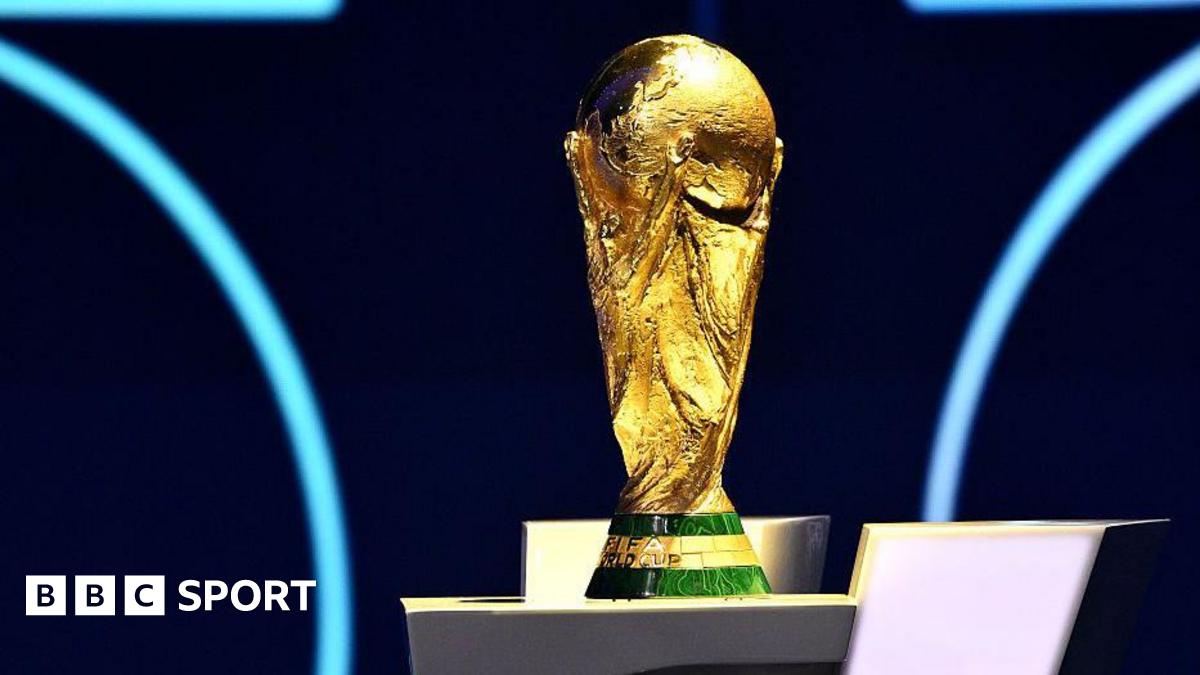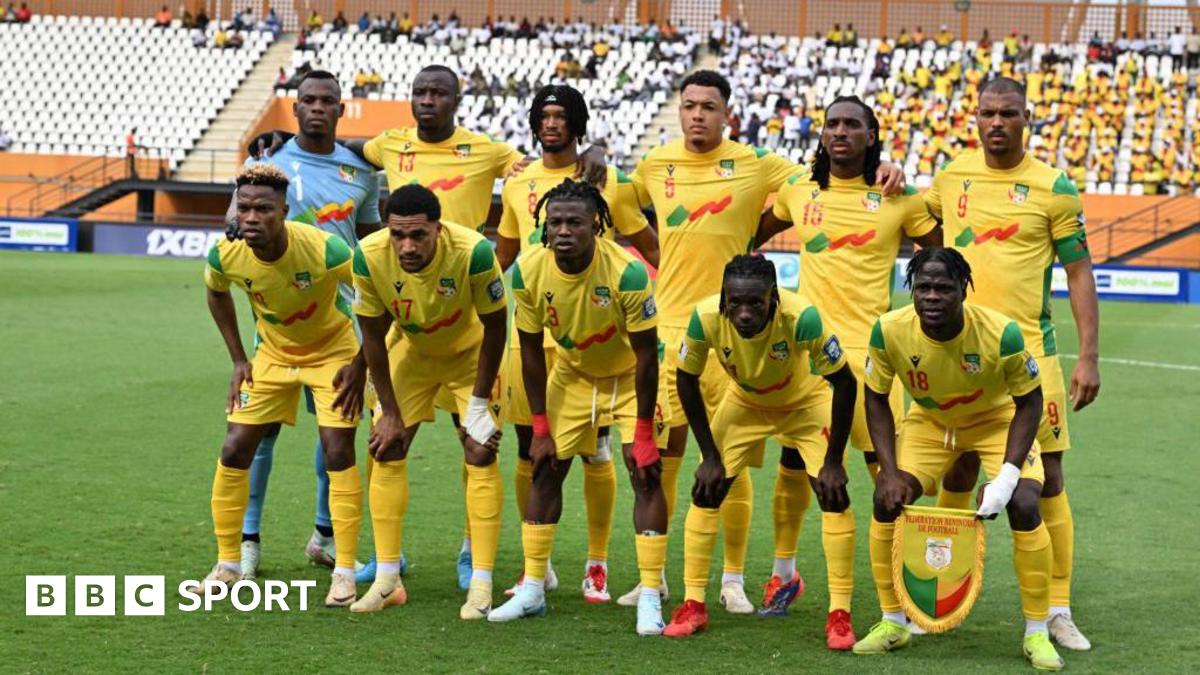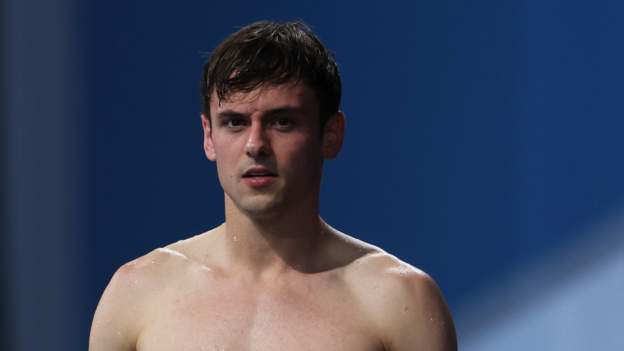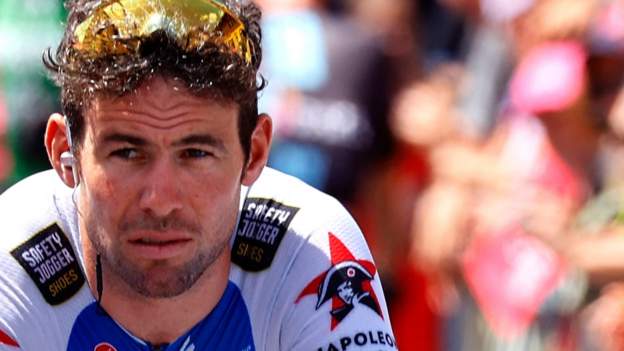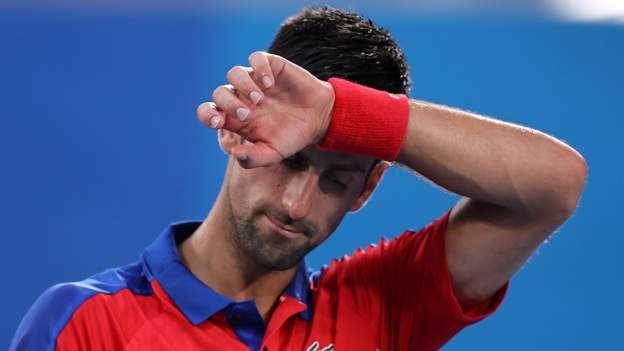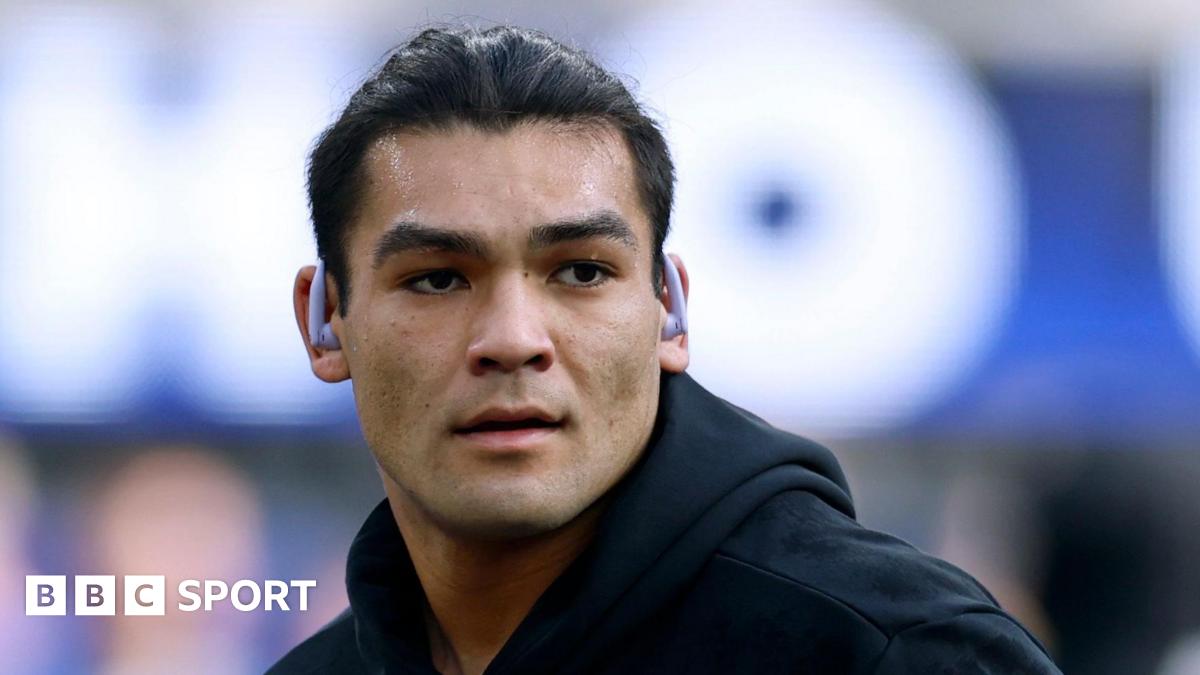Olympic diving champion Tom Daley says he is “furious” at his sport’s world governing body for voting to stop transgender athletes from competing in women’s elite events.
Fina will not allow trans athletes to compete in women’s competitions if they have gone through any part of the process of male puberty.
The policy covers all sports governed by Fina, including swimming and diving.
Daley, speaking at the British LGBT Awards, said the ruling was “not on”.
“I was furious,” he told iNews. “Anyone that’s told that they can’t compete or can’t do something they love just because of who they are, it’s not on.
“It’s something I feel really strongly about. Giving trans people the chance to share their side.”
Daley, who is gay, has previously spoken out about LGBT issues.
Fina will aim to establish an ‘open’ category at competitions for athletes whose gender identity is different than that of their birth sex.
The policy means that transgender American college swimmer Lia Thomas, who has expressed a desire to compete for a place at the Olympics, would be blocked from participating in the female category at the Games.
Fina took the decision after a report by a scientific panel said that going through male puberty meant trans women retained a “relative performance advantage over biological females”, even after medication to reduce testosterone.
Fina president Husain Al-Musallam said the organisation was trying to “protect the rights of our athletes to compete” but also “protect competitive fairness”.
He said: “Fina will always welcome every athlete. The creation of an open category will mean that everybody has the opportunity to compete at an elite level.
“This has not been done before, so Fina will need to lead the way. I want all athletes to feel included in being able to develop ideas during this process.”
Former Great Britain swimmer Sharron Davies, who has argued against transgender participation in women’s elite swimming, told BBC Sport she was “really proud of Fina”.
However, ‘Athlete Ally’ – an LGBT advocacy group which organised a letter of support for Thomas in February, called the new policy “discriminatory, harmful, unscientific and not in line with the 2021 IOC principles”.
“The eligibility criteria for the women’s category as it is laid out in the policy polices the bodies of all women, and will not be enforceable without seriously violating the privacy and human rights of any athlete looking to compete in the women’s category,” said Anne Lieberman, the group’s director of policy and programmes.
Other world governing bodies, including World Athletics and Fifa, are now reviewing their inclusion policies.
In rugby league, transgender players have been banned from women’s internationals while International Rugby League (IRL) does further research on its policy.
World Athletics president Lord Coe hinted to the BBC that the sport could follow swimming’s example, saying it is set to discuss adopting a new eligibility policy and that “fairness is non-negotiable”.






